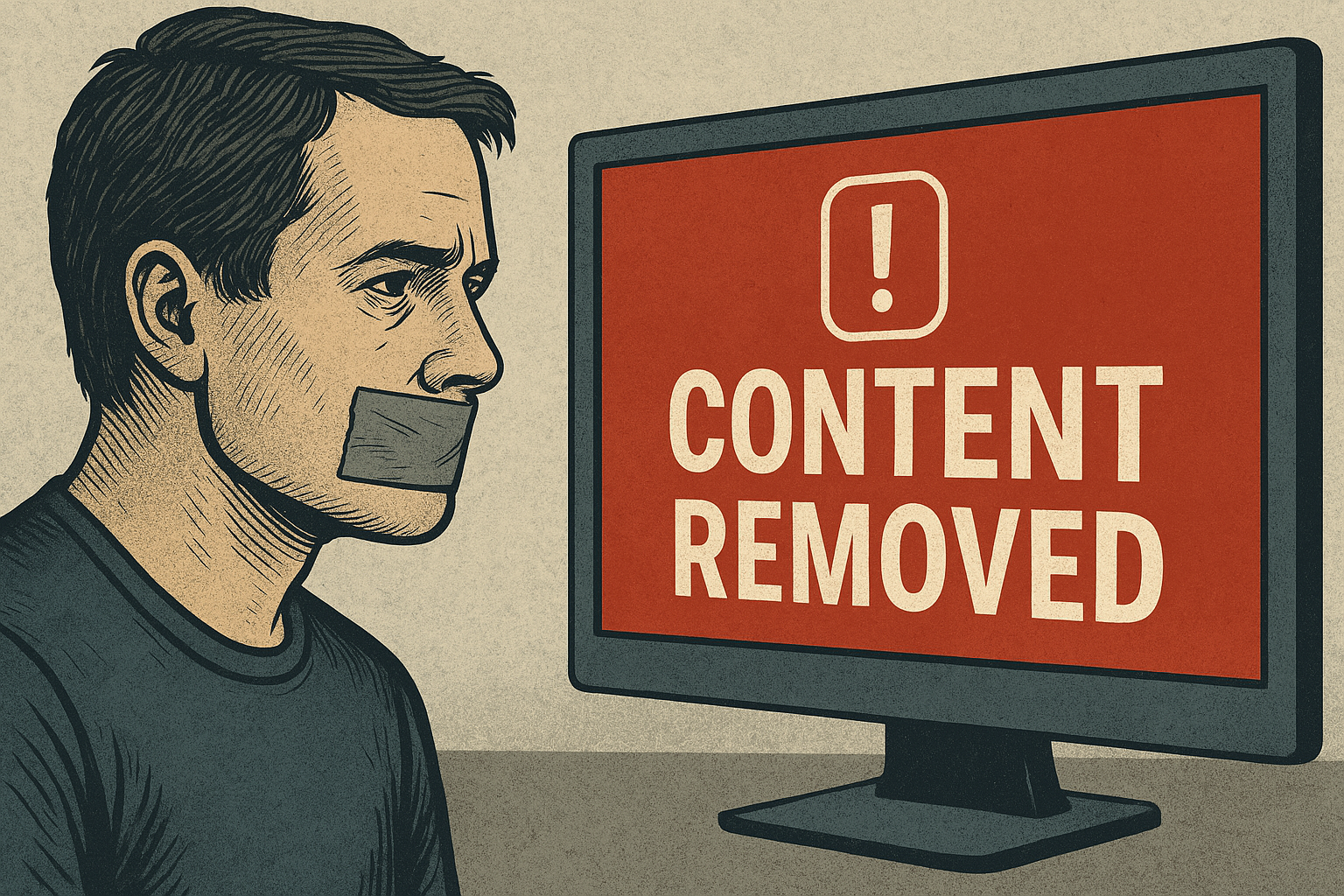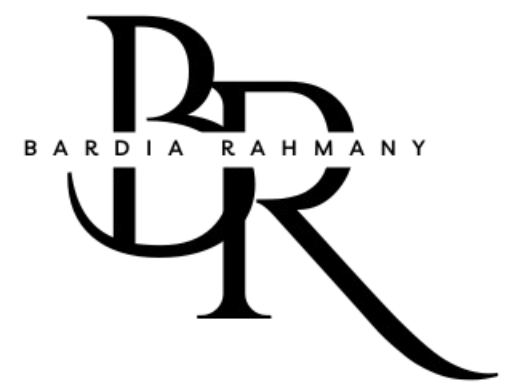
The Death of Free Speech Online: How the Internet Is Quietly Being Censored in 2025
🧨 Introduction: Free Speech Wasn’t Killed—It Was Deregulated to Death
Once hailed as the “last free frontier,” the internet has become a battleground. But not in the way most think. In 2025, freedom of speech online is dying—not from authoritarian crackdowns alone, but from a thousand bureaucratic cuts, algorithmic throttling, and opaque terms of service.
Governments aren’t banning your voice outright. Big Tech just stops showing it.
Whether you’re a journalist, entrepreneur, artist, or politically engaged citizen, this matters more than ever. Because when information is filtered, so is your business, your brand, and your ability to reach the world.
🕳️ 1. The Rise of “Soft Censorship”
The scariest thing about internet censorship today? It doesn’t look like censorship.
- No book burnings.
- No court orders.
- No dramatic arrests.
Instead, it’s:
- Shadowbanning (your content exists but is invisible)
- “Community guideline” removals without clear appeals
- Demonetization of dissenting views
- Algorithmic downgrading of topics labeled “disinformation”—even when later proven true
Big Tech giants like YouTube, Meta, and X (formerly Twitter) are acting as both publisher and judge, enforcing vague policies often guided by state pressure.
Even the United Nations has expressed concern about private companies becoming arbiters of truth without transparency or accountability.
🌍 2. EU Regulations Are Leading the Global Crackdown
The European Union, while claiming to protect digital rights, is actually spearheading some of the most sweeping digital speech laws in the world.
📜 The Digital Services Act (DSA)
- Enforces “fast takedown” of “illegal” or “harmful” content
- Grants broad power to unaccountable “trusted flaggers”
- Requires large platforms to report content moderation decisions to Brussels
What’s the danger?
Terms like “harmful content” are so vague that satire, political commentary, or controversial science can be included.
Read more from the Electronic Frontier Foundation (EFF) about how the DSA sets a troubling global precedent.
🤖 3. AI + Censorship = A Dangerous Combo
Platforms now deploy AI moderators to detect “hate,” “toxicity,” or “misinformation.” But these systems are trained on biased data, lack context, and often penalize nuance.
Example:
A journalist covering vaccine concerns—citing peer-reviewed sources—may still be flagged by AI tools like Perspective API or suppressed by NewsGuard’s “reliability score”.
Even DuckDuckGo admitted to downranking sites it deems misinformation—without public criteria.
🚫 4. The Myth of “Private Company, Private Rules”
A common rebuttal:
“Platforms like Facebook or YouTube are private companies—they can do what they want.”
That’s true—until those platforms become essential to public discourse. When governments start pressuring these platforms, it becomes indirect censorship.
Consider:
- The Twitter Files (The Free Press) reveal how U.S. government agencies asked Twitter to suppress certain accounts
- EU Commission directives obligating platforms to remove “disinformation” within 24 hours—or face massive fines
🧩 5. Why Entrepreneurs Should Be Terrified
This isn’t just about politics. It affects:
- Crypto educators
- Alternative health coaches
- Privacy-first app developers
- Small media and news startups
Your content or business can be:
- Shadowbanned from search
- Blocked from advertising
- Labeled “suspicious” by browser plugins
- Even deplatformed by hosting providers
Don’t believe it? Even Substack has faced pressure to remove authors based on content moderation requests.
🛡️ 6. What You Can Do About It
✅ Own Your Platform
Use self-hosted websites and email lists so no one can silence you overnight.
Start with:
- ConvertKit for newsletters
- Ghost or WordPress for blogging
- Beehiiv for content creators
✅ Publish on Censorship-Resistant Platforms
- Mirror.xyz (Web3 publishing)
- Mastodon (federated social network)
- Nostr (decentralized protocol gaining traction)
✅ Use Privacy-Focused Tools
🔗 Internal Link
👉 If you’re also concerned about financial and regulatory pressure, read:
How EU Tax Policy Is Quietly Killing Entrepreneurship
🧠 Final Thoughts: Don’t Let Silence Win
The threat to free speech online in 2025 isn’t loud. It’s subtle. It’s creeping. It’s hidden in code, algorithms, and terms of service.
If you care about building a brand, a business, or a voice that matters—you must act now:
- Own your content
- Share bravely
- Build resiliently
The future of speech isn’t just about politics—it’s about access, business, and human connection.
Because if you can’t speak online, you don’t really exist.

Leave a Reply